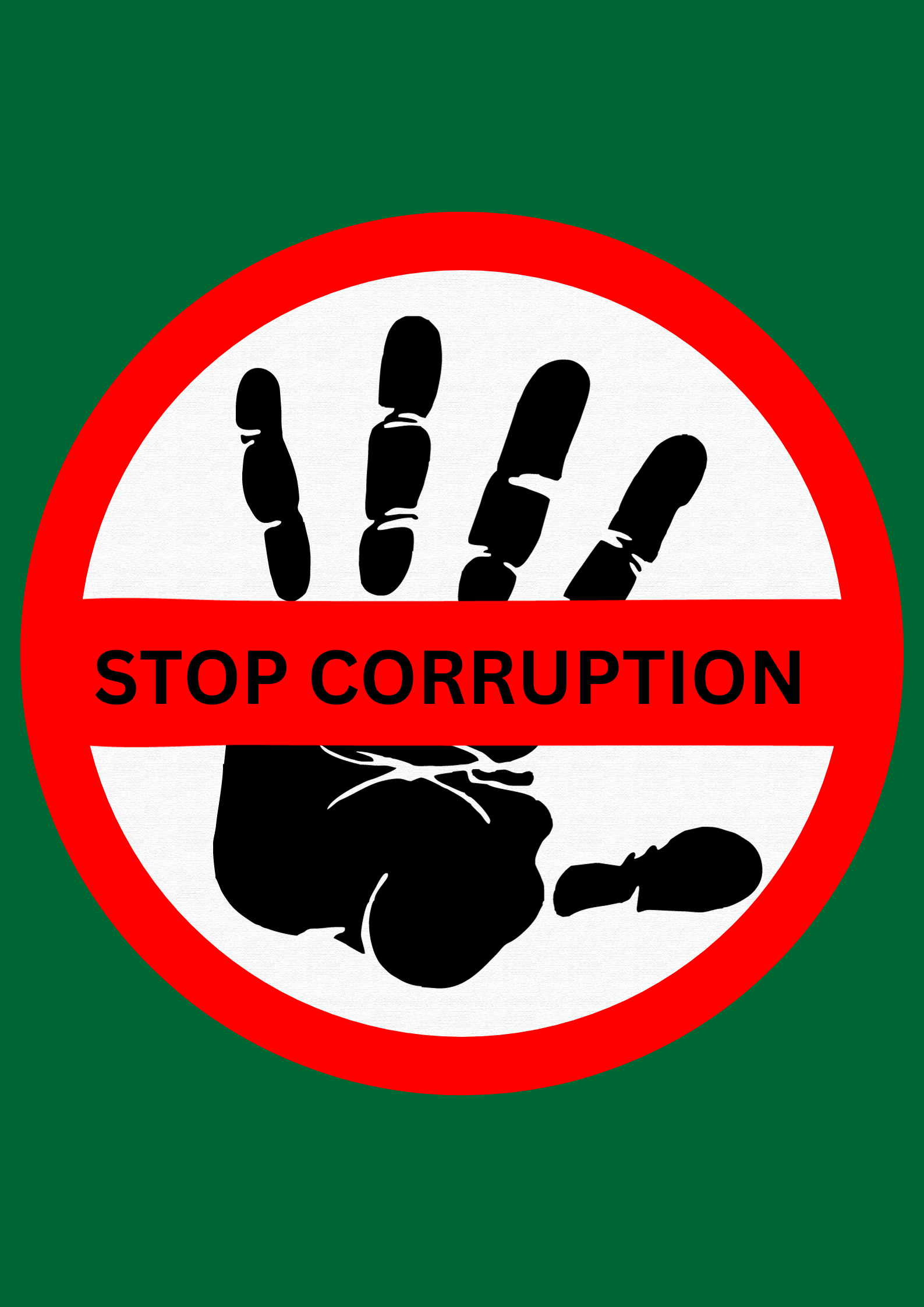ABOUT US
OUR MANDATE
The Anti-Corruption Commission is established under the Constitution (amendment) Act No. 2 of 2016, pursuant to article 235 (a). Its mandate is provided for under section 6 of the Anti-Corruption Act No. 3 of 2012. The mandate covers the following functions:
1. (a) Prevent and take necessary and effective measures for the prevention of corruption in public and private bodies, including, in particular, measures for -
(i) Examining the practices and procedures of public and private bodies in order to facilitate the discovery of opportunities of corrupt practices and secure the revision of methods of work or procedures which in the opinion of the Commission, may be prone or conducive to corrupt practices;
(ii) Advising public bodies and private bodies on ways and means of preventing corrupt practices and on changes in methods of work or procedures of such public bodies and private bodies compatible with the effective performance of their duties, which the Commission considers necessary to reduce the likelihood of the occurrence of corrupt practices;
(iii) disseminating information on evil and dangerous effects of corrupt practices on society.
(iv) Creation of committees in institutions for monitoring corruption in the institution; and,
(v) enlisting and fostering public confidence and support against corrupt practices;
(b) Initiate, receive and investigate complaints of alleged or suspected corrupt practices, and, subject to the directions of the Director of Public Prosecutions, prosecute –
(i) offences under the Act; and
(ii) such other offence under any other written law as may have come to the notice of the Commission during the investigation of an offence under the Act.
(c) Investigate any conduct of any public officer which the Commission has reasonable grounds to believe may be connected with or conducive to corrupt practices.
(d) Be the lead agency in matters of corruption.
(e) Co-ordinate or co-operate, as applicable, with other institutions authorised to investigate, prosecute, prevent and combat corrupt practices so as to implement an integrated approach to the eradication of corruption;
(f) Consult, co-operate and exchange information with appropriate bodies of other countries that are authorised to conduct inquiries or investigations in relation to corrupt practices;
(g) Adopt and strengthen mechanisms for educating the public to respect the public good and public interest and, in particular:
(i) create awareness in the fight against corruption and related offences;
(ii) develop educational and other programmes for the sensitization of the media;
(iii) Promote an environment for the respect of ethics; and
(iv) disseminate information and sensitize the public on the negative effects of corruption and related offences; and
(v) do all such things as are incidental or conducive to the attainment of its functions.
2. The Commission may establish specialised units to investigate and deal with such matters as the Commission considers appropriate.
OUR FUNCTIONS
WHAT WE DO
(ii) Advising public bodies and private bodies on ways and means of preventing corrupt practices, and on changes in methods of work or procedures of such public bodies and private bodies compatible with the effective performance of their duties, which the Commission considers necessary to reduce the likelihood of the occurrence of corrupt practices;
(iii) Disseminating information on the evil and dangerous effects of corrupt practices on society;
(iv) Creation of committees in institutions for monitoring corruption in the institution; and
(v) Enlisting and fostering public confidence and support against corrupt practices;
(d) Be the lead agency in matters of corruption;
(e) Co-ordinate or co-operate, as applicable, with other institutions authorised to investigate, prosecute, prevent and combat corrupt practices so as to implement an integrated approach to the eradication of corruption;
(f) Consult, co-operate and exchange information with appropriate bodies of other countries that are authorised to conduct inquiries or investigations in relation to corrupt practices;
(g) Adopt and strengthen mechanisms for educating the public to respect the public good and public interest and, in particular —
(ii) Develop educational and other programmes for the sensitisation of the media;
(iii) Promote an environment for the respect of ethics;and
(iv) Disseminate information and sensitise the public on the negative effects of corruption and related offences; and
(2) The Commission may establish specialised units to investigate and deal with such matters as the Commission considers appropriate.

MISSION & VISIONS
Vision: “To effectively and impartially prevent and combat corruption in order to promote integrity, transparency and accountability for the attainment of a corruption-free Zambia”
Mission: “A proactive, impartial and professional anti-corruption agency that promotes the attainment of a corruption free Zambia”
CORE VALUES
Integrity, Excellence, Accountability, Respect, Confidentiality, Transparency, Collaboration, Impartiality, Loyalty, Responsibility and Patriotism

